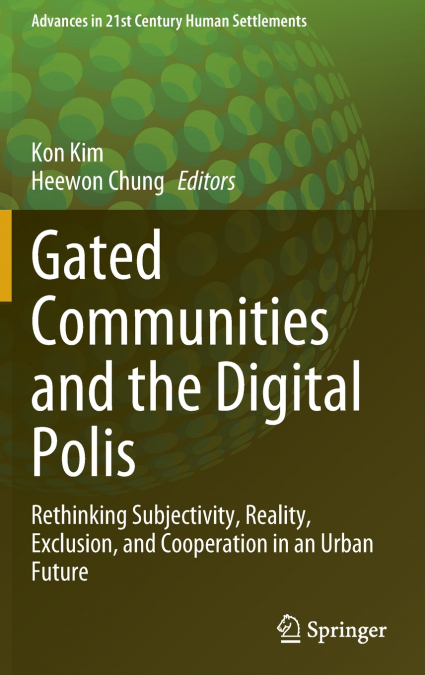
This edited collection provides an alternative discourse on cities evolving with physically and virtually networked communities-the ’digital polis’-and offers a variety of perspectives from the humanities, media studies, geography, architecture, and urban studies. As an emergent concept that encompasses research and practice, the digital polis is oriented toward a counter-mapping of the digital cityscape beyond policing and gatekeeping in physical and virtual gated communities. Considering the digital polis as offering potential for active support of socially just and politically inclusive urban circumstances in ways that mirror the Greek polis, our attention is drawn towards the interweaving of the development of digital technology, urban space, and social dynamics. The four parts of this book address the formation of technosocial subjectivity, real-and-virtual combined urbanity, the spatial dimensions of digital exclusion and inclusion, and the prospect of emancipatory and empowering digital citizens. Individual chapters cover varied topics on digital feminism, data activism, networked individualism, digital commons, real-virtual communalism, the post-family imagination, digital fortress cities, rights to the smart city, online foodscapes, and open-source urbanism across the globe. Contributors explore the following questions: what developments can be found over recent decades in both physical and virtual communities such as cyberspace, and what will our urban future be like? What is the ’digital polis’ and what kinds of new subjectivity does it produce? How does digital technology, as well as its virtuality, reshape the city and our spatial awareness of it? What kinds of exclusion and cooperation are at work in communities and spaces in the digital age? Each chapter responds to these questions in its own way, navigating readers through routes toward the digital polis.Chapter 'Introduction - The digital polis and its practices: Beyond gated communities' is available open access under a Creative Commons Attribution 4.0 International License via link.springer.com.